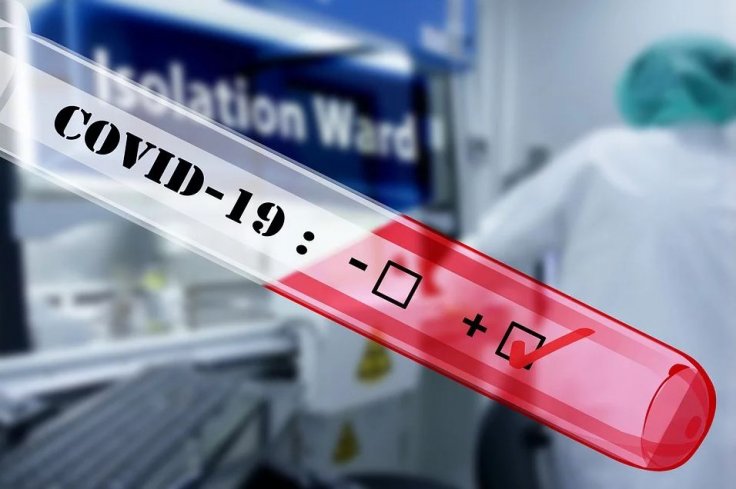Those who develop immunity to a pathogen, will have antibodies in them so that it doesn't allow the virus to infect them. If the majority of population develop this immunity after contracting virus, it is called herd immunity, and in turn it provides herd protection too.
Studies carried out by various researchers say that more people have been found with antibodies in larger populations, pointing toward the onset of herd immunity. Experts say at least 70 percent of the population studied by them have immunity, or developed coronavirus antibodies, though it may not 'guarantee' longer immunity among them.

A study in Germany by Hendrik Streeck, virologist at the University of Bonn found that 14 percent among the 500 people he tested had antibodies. This was in Heinsberg, the epicenter of coronavirus outbreak in Germany.
It means that 0.37 percent were killed by the virus, and almost 15 percent of the population cannot be infected by the novel coronavirus, while the process of reaching herd immunity is on its way, said researchers, reports SCMP.
Studies found more people infected than reported
Another antibody study by Jayanta Bhattacharya and Eran Bendavid from Stanford University revealed that between 48,000 to 81,000 people in Santa Clara County of US's California were found infected by COVID-19 earlier this month and the number was 50 to 85 times of what was officially reported.
Study from University of Southern California found that between 221,000 and 442,000 people in Los Angeles County might have been infected, while the official number was 8,000 at the time, further finding antibodies in 4.1 percent of adults.
But experts were fiercely critical of the Stanford study in particular. Critics said recruiting participants through Facebook would attract people who were likely to have symptoms associated with Covid-19 and simply wanted to be tested. There were also relatively few participants from low-income and minority populations, as well as concerns about false positives and questions about methods used to adjust for error.

A Netherlands study this month by Hans Zaaijer, virologist from Dutch national blood bank Sanquin, found antibodies in about 3 percent of the population. However, he added that "herd immunity" was far away in the country.
A Study from Chelsea's Boston suburb by pathologists from Massachusetts General Hospital, Vivek Naranbhai and John Iafrate found 31.5 percent of samples among 200 random street pedestrians had antibodies for SARS-CoV-2 in their blood.
However the researchers, acknowledging the fact that these samples may not represent the whole of Chelsea, said that false positives in testing process might also be the case. They said that presence of antibodies did not necessarily mean one is immune to coronavirus.
Statistical Error
Case of high rates of false positives among lab tests, was an opinion shared by Christian Drosten, virologist at the Charité University Hospital, Berlin, who insisted that it could be detecting antibodies against seasonal coronaviruses too.
Assessing the Stanford study, Andrew Gelman, the director of Applied Statistics Centre at the Columbia University, wrote that the authors of the study "owe us all an apology" saying that they were a product of statistical error.









